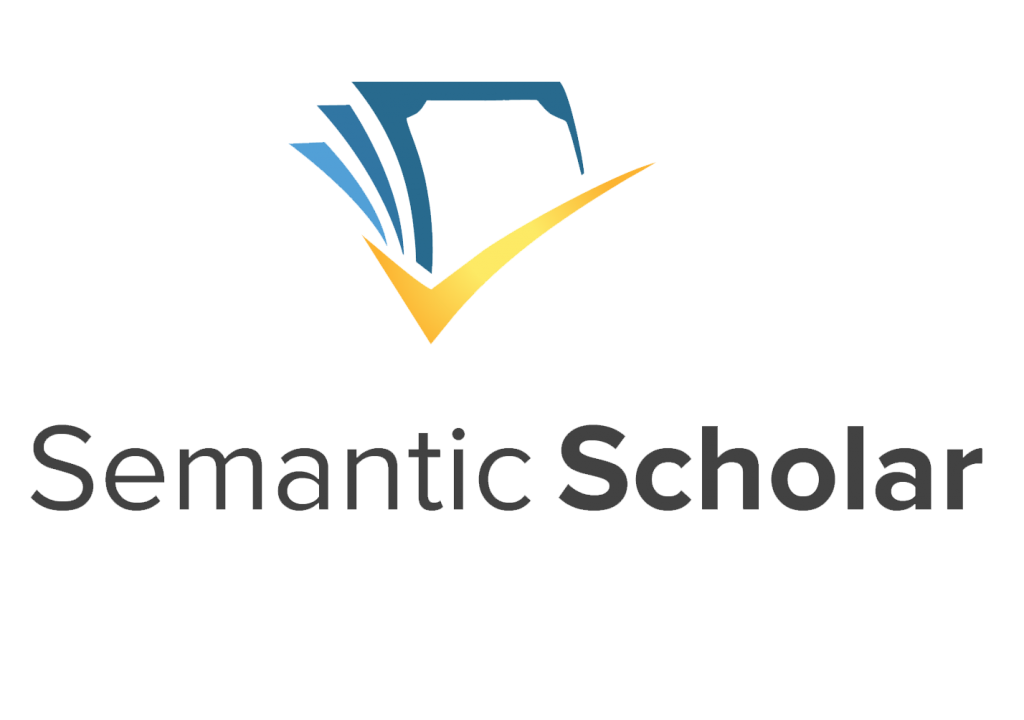Recent Advances in Machine-Learning Driven Cholera Research: A Review
DOI:
https://doi.org/10.59828/ijsrmst.v3i10.255Keywords:
Cholera, Machine Learning, Disease transmission, Public health crisisAbstract
Cholera is a potentially epidemic and life-threatening secretory diarrheal disease caused by Vibrio cholerae, it is transmitted through the consumption of contaminated water. Cholera is prevalent in developing countries, characterized by inadequate access to clean water, sanitation and proper hygiene. Various studies have been conducted to evaluate its impact, predict its outbreak, and determine the best response during an epidemic. In conducting those studies, traditional mathematical and statistical models have been utilized, but more recently, artificial intelligence machine learning (ML) models have been used to better understand cholera, and eradicate it. AI models have shown higher accuracy than existing approaches, but there is no consolidated review study, comparing all the approaches used so far in literature. This is a review of the applications of ML techniques used in predicting, monitoring and preventing cholera epidemic. We analysed all relevant and recent studies that made use of various ML algorithms to address challenges in cholera prediction, diagnosis, transmission, and prevention. The reviewed works included the creation of models for early warning systems using environmental and socioeconomic data; improved diagnosis for more accuracy through the analysis of clinical data and serological markers; enhanced understanding of Vibrio cholerae genomics and evolution; and new approaches to water quality monitoring and cholera detection. ML methods have shown tremendous success in multiple areas, but not without challenges that still plagues further applications. Particularly, data unavailability, high data imbalance and real-time data collection. This review also highlighted areas of further application of ML such as real-time prediction of cholera outbreaks and region-agnostic models.
Downloads
Published
Issue
Section
License
Copyright (c) 2024 International Journal of Scientific Research in Modern Science and Technology

This work is licensed under a Creative Commons Attribution-NonCommercial 4.0 International License.










